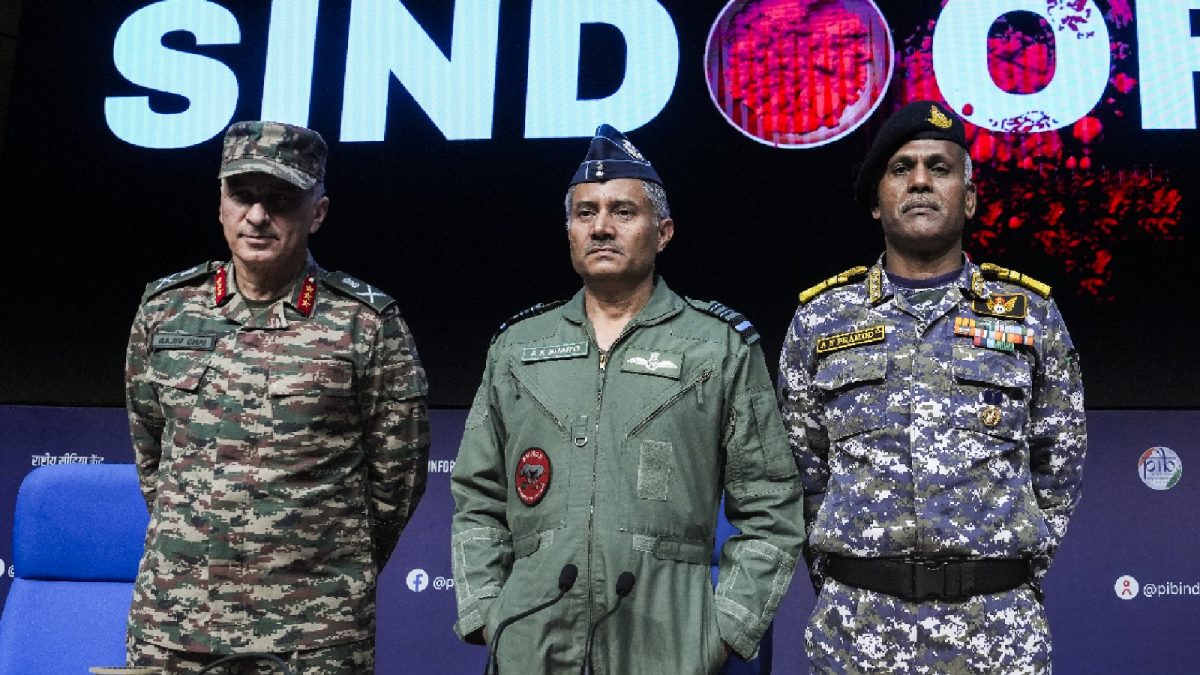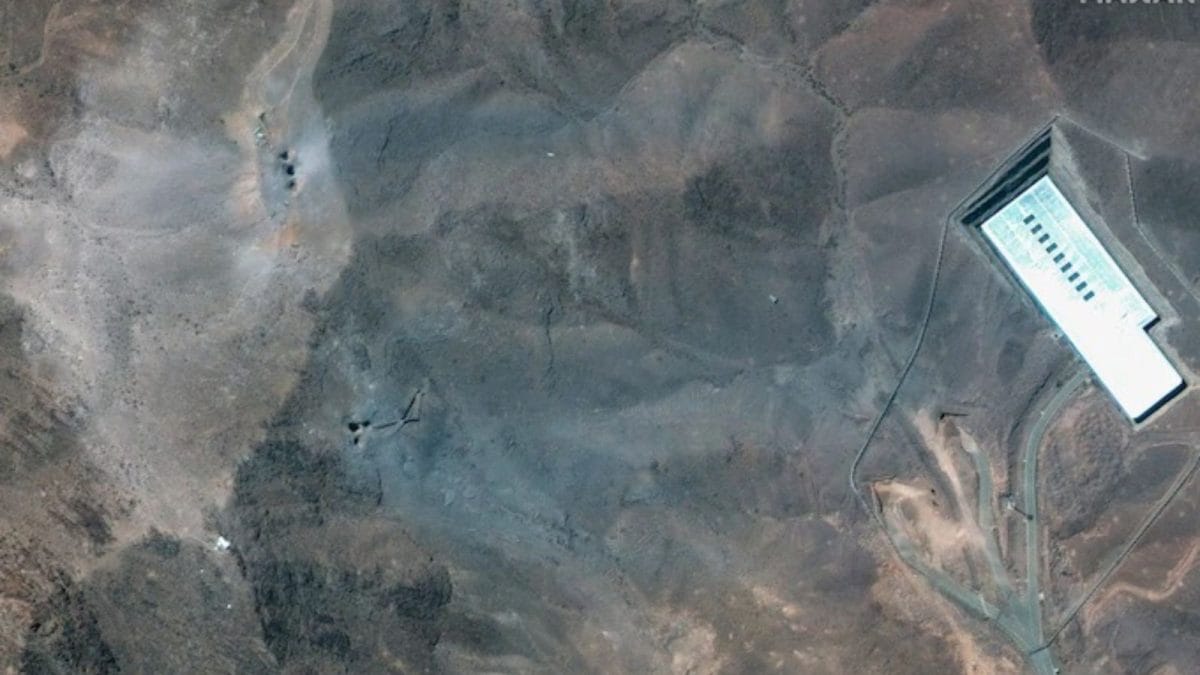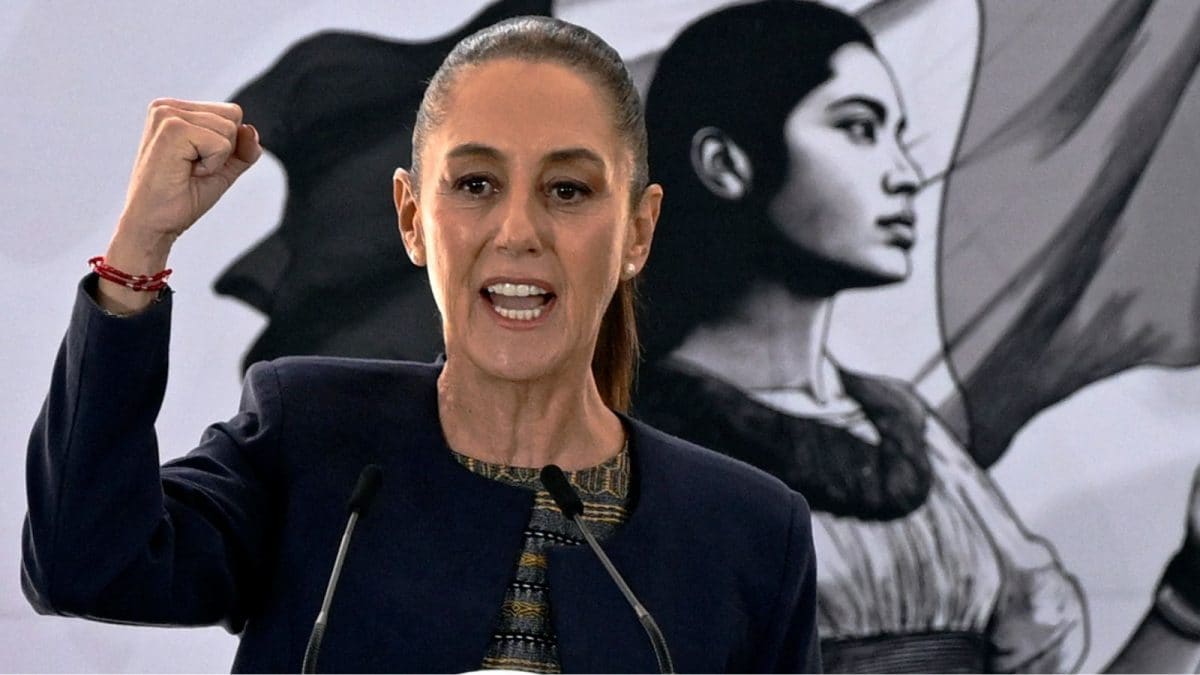ARTICLE AD BOX
Last Updated:July 04, 2025, 12:44 IST
As UNSC President, Pakistan will preside over all meetings, control proceedings, call speakers, and guide discussions, holding key authority in shaping the Council's direction

The presidency rotates monthly in alphabetical order to ensure that all member countries get an equal opportunity to lead the Council. (AP/File)
On July 1, Pakistan took over the presidency of the United Nations Security Council (UNSC), a notable development amid its recently strained global standing. Elected as a non-permanent member in January 2025 with 182 out of 193 votes, Pakistan will hold the presidency for the month of July, from July 1 to July 31. This marks Pakistan’s eighth term as President of the UNSC, having last held the position in 2013.
How Often Has Pakistan Headed The UNSC?
Pakistan has previously held the UNSC presidency during its non-permanent terms in 1952–53, 1968–69, 1976–77, 1983–84, 1993–94, 2003–04, and 2012–13.
What Is The UNSC And How Many Members Does It Have?
The UNSC, one of the six main organs of the United Nations, aims to maintain international peace and security and was established on October 24, 1945.
It is headquartered in New York, USA, and comprises 15 members: five permanent members (China, France, Russia, the United Kingdom, and the United States), who possess veto power, and ten temporary members elected by the United Nations General Assembly for two-year terms.
Temporary members are elected on a regional basis: five from Africa and Asia, one from Eastern Europe, two from Latin America and the Caribbean, and two from Western Europe and other regions.
How Are Temporary UNSC Members Elected?
Temporary members of the UNSC are chosen through secret ballot, requiring a two-thirds majority even if unopposed. Elections are held annually to ensure a rotation of new countries joining the Council.
What Does The UNSC Do?
The UNSC’s primary functions include maintaining international peace and security, approving peacekeeping missions, sanctions, and military actions, resolving disputes, and intervening in global crises.
Why Was Pakistan Chosen For The UNSC Presidency?
Pakistan’s presidency results from its position as a temporary member, following a rotational order rather than a special election or diplomatic effort. This automatic rotation ensures that the policy position or image of any country does not influence the presidency.
What Is Pakistan’s Job At The UNSC?
The President of the United Nations Security Council (UNSC) holds several key responsibilities:
- Presides over all formal and informal meetings of the Security Council, with the authority to control proceedings, call on speakers, and steer the course of discussions.
- Plays a key role in setting the Council’s agenda and determining priorities, with the ability to prioritise topics—though consensus from other members is required.
- Issues press statements and public announcements on behalf of the Council.
- Ensures coordination and communication among Council members to facilitate smooth proceedings.
- Can call an emergency meeting in response to urgent threats to international peace and security.
- Oversees the voting process on proposals and resolutions within the Council.
- Coordinates the work of the Security Council’s subsidiary committees.
Why Is The UNSC Presidency Only For One Month?
The presidency rotates monthly in alphabetical order to ensure that all member countries get an equal opportunity to lead the Council in turn.
Since When Is India Not In The UNSC?
India has not been part of the United Nations Security Council (UNSC) since January 2023. It last served as a non-permanent member during the 2021–2022 term.
Who Will Be The Next UNSC President?
The presidency rotates alphabetically among member countries. Since Pakistan holds the presidency in July 2025, the next in line alphabetically is Russia, which will assume the role in August 2025, based on the current list of UNSC members.
- Location :
Pakistan
- First Published:
News world What Powers Does Pakistan Have Now As UNSC President? | Explained



.png)
.png)
.png)
















 5 hours ago
3
5 hours ago
3









 English (US) ·
English (US) ·